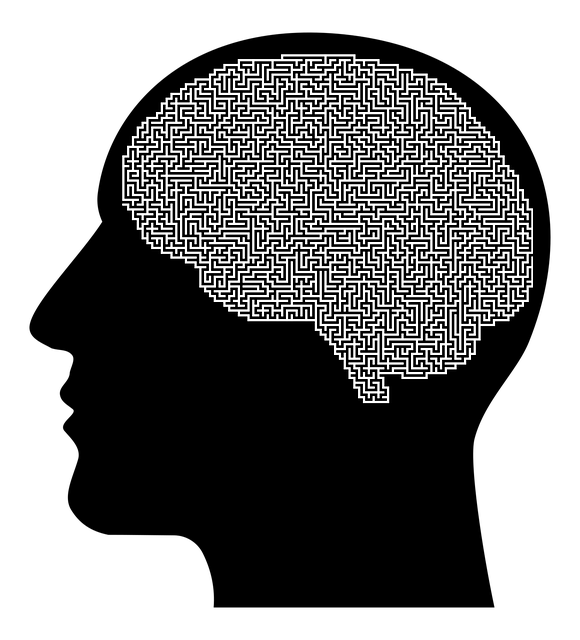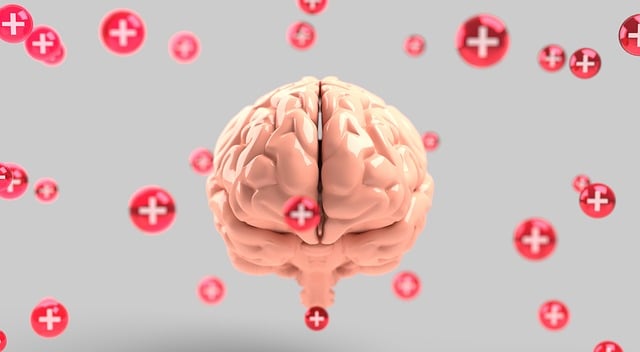The text discusses the significant impact of mental health stigma, leading to isolation and worsened symptoms for those seeking help. It highlights how initiatives like Lafayette Domestic Violence Therapy (LDVT) create safe spaces, offering tailored services for domestic violence victims, thereby fostering open conversations about mental health. LDVT's holistic approach combines crisis intervention with long-term support and self-care practices, reducing stigma through education, empathy workshops, and community engagement. They evaluate their efforts using qualitative and quantitative data, ensuring success in improving mental wellness outcomes and public attitudes towards mental healthcare.
Mental illness stigma remains a significant barrier to seeking treatment, with profound impacts on individuals and communities. This article explores comprehensive efforts to reduce this pervasive social construct, featuring case studies like Lafayette Domestic Violence Therapy, which demonstrates community engagement strategies that foster understanding and empathy. We delve into effective tactics, emphasize the importance of measurement, and provide insights into evaluating stigma reduction initiatives for lasting progress.
- Understanding Stigma and Its Impact on Mental Health
- Lafayette Domestic Violence Therapy: A Case Study in Community Engagement
- Effective Strategies to Reduce Mental Illness Stigma
- Measuring Success: Evaluating Stigma Reduction Efforts
Understanding Stigma and Its Impact on Mental Health

Stigma surrounding mental illness is a significant barrier to individuals seeking help and support for their well-being. It often manifests as negative attitudes and beliefs, leading to discrimination and social isolation. This stigma can have profound effects on an individual’s mental health, exacerbating symptoms and hindering recovery. Many people struggle in silence, afraid of judgment or misunderstanding from their communities, including family, friends, and colleagues.
Reducing the stigma requires a collective effort to foster understanding and empathy. Initiatives such as Lafayette Domestic Violence Therapy play a crucial role by providing safe spaces for individuals to share their experiences and connect with others who may have similar struggles. Encouraging open conversations about mental health, implementing self-awareness exercises, and offering mental wellness coaching programs can contribute to developmentally shifting societal perceptions. By breaking down these barriers, communities can ensure that those facing mental health challenges receive the necessary support and care without fear of stigma.
Lafayette Domestic Violence Therapy: A Case Study in Community Engagement

Lafayette Domestic Violence Therapy (LDVT) serves as an inspiring case study in community engagement and mental illness stigma reduction. By offering specialized services tailored to individuals and families affected by domestic violence, LDVT has fostered a safe space for open conversations about mental health challenges. Their comprehensive approach includes not only crisis intervention but also long-term support, emphasizing the interconnectedness of physical and emotional well-being.
Through community partnerships and public awareness campaigns, LDVT encourages self-care routine development for better mental health. They actively engage with local schools, churches, and businesses to implement Mental Wellness Coaching Programs Development, ensuring that resources are readily accessible across diverse sectors. This holistic strategy has significantly contributed to reducing the stigma associated with seeking therapy, empowering individuals to prioritize their mental wellness alongside their physical safety.
Effective Strategies to Reduce Mental Illness Stigma

Stigma reduction efforts for mental illness are crucial in fostering an environment where individuals can openly discuss their experiences and seek support without fear of judgment or discrimination. One effective strategy is Lafayette Domestic Violence Therapy, which focuses on breaking down barriers through education and empathy-building workshops. These sessions provide a safe space for participants to learn about various mental health conditions, dispel myths, and share personal stories, thereby normalizing conversations around mental wellness.
Moreover, Mental Wellness Journaling Exercise Guidance can empower individuals to track their moods, identify triggers, and document progress, all while promoting self-awareness and self-care practices. Communication Strategies, such as using person-first language and emphasizing the individual’s experience rather than their diagnosis, can also help reduce stigma. Additionally, teaching Mood Management techniques like mindfulness and cognitive reframing enables people to take proactive steps in maintaining their mental health and reducing the impact of societal stigma.
Measuring Success: Evaluating Stigma Reduction Efforts

Evaluating the success of stigma reduction efforts is a crucial step in advancing mental health awareness and support. Measuring progress requires a multifaceted approach, especially when addressing societal perceptions of mental illness. One effective method is through community engagement and feedback mechanisms. Lafayette Domestic Violence Therapy, for instance, has implemented programs that encourage open dialogue about mental wellness, fostering an environment where individuals feel comfortable sharing their experiences. This includes initiatives like peer support groups, educational workshops, and online platforms where people can anonymously share their stories and rate their perceptions of stigma before and after participating in various awareness campaigns.
By collecting qualitative and quantitative data, these efforts can gauge changes in public attitudes towards mental health. For example, surveys distributed to local communities can track shifts in beliefs about seeking therapy or medication for mental health issues. Additionally, the Mental Wellness Journaling Exercise Guidance and Emotional Intelligence workshops can offer insights into participants’ self-perceptions and relationships with others, while Mindfulness Meditation sessions might enhance overall emotional well-being, all of which contribute to measuring success by demonstrating improved mental wellness outcomes.
Mental illness stigma reduction is a multifaceted approach, as evidenced by the case study of Lafayette Domestic Violence Therapy. By engaging communities through diverse strategies, we can foster understanding and empathy. Effective efforts include education programs, media representation, and policy changes. Measuring success involves tracking shifts in public attitudes and behaviors. Continuously evaluating and adapting these initiatives ensures that stigma reduction remains a dynamic process, ultimately enhancing mental health support and inclusion for all.













